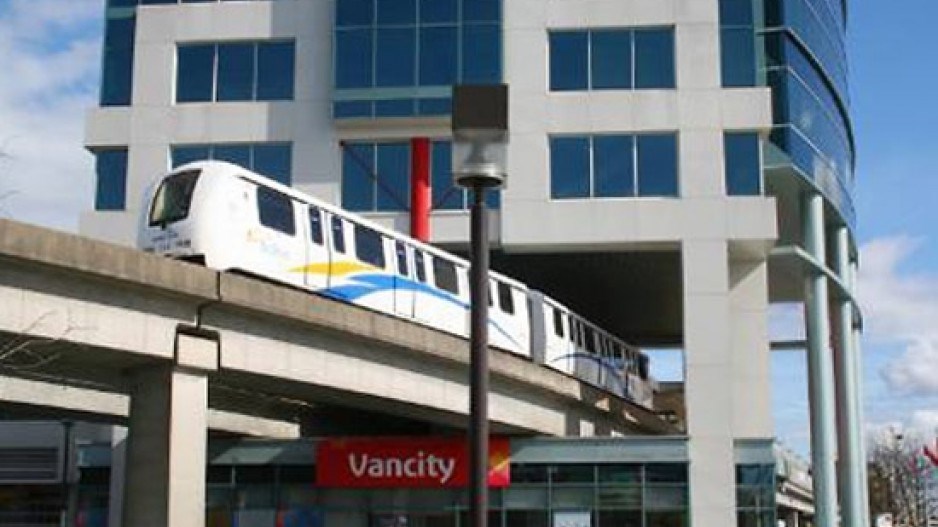Small-business owners in British Columbia were the most optimistic in the country in December, and that positive outlook is expected to continue in the new year with the expectation that the province’s economy will do well in 2015.
That expected growth will be good for small businesses – but it will also put additional pressure on the ability of smaller firms to attract and keep skilled labour.
“Already it’s difficult to find and keep qualified people to work in a small firm,” said Richard Truscott, director of provincial affairs for the Canadian Federation of Independent Business (CFIB).
The CFIB and the BC Chamber of Commerce say recent changes to the Temporary Foreign Worker Program could worsen the looming skills shortage. The federal government restricted use of the program in 2014 after several cases of abuse were brought to light. The CFIB recently proposed changes to the program to make it easier for temporary foreign workers to enter the permanent immigration process.
“The most important party is the federal ministers, and the response from them has been sadly lukewarm,” Truscott said of the CFIB’s lobbying efforts.
“Unfortunately there seems to be a bit of a bias in Ottawa against anyone immigrating to Canada unless they’re an engineer, a scientist or a highly skilled person, but that’s not how this country was built.”
John Winter, president and CEO of the BC Chamber of Commerce, said his organization would be closely watching the rollout of the Express Entry visa program. That program, which began January 1, is intended to more closely match the skills employers are looking for with immigrants who want to come to Canada.
“We’re trying to stay as close to the Express Entry system of immigration as we can so our members know what recourse they have,” Winter said. “It’s a difficult thing for a lot of small businesses because it requires an in-house resource.”
A campaign to raise the minimum wage in B.C. from $10.25 an hour to $15 an hour is also something the CFIB is concerned about, Truscott said. The BC Federation of Labour is arguing that increasing the minimum wage in B.C. would help lift many workers out of poverty.
“If they were going to increase it to $15 overnight, there would be enormous adjustments that would have to be made,” Truscott said.
“What it would do is it would eliminate a lot of the entry-level jobs that Canadians need to try to get their foothold into the labour market.”
The transit referendum is another issue that both Truscott and Winter expect to dominate in the first half of 2015. Starting in March, voters in Metro Vancouver will be asked to decide whether to support a 0.5-percentage-point regional increase to the provincial sales tax to partially fund a $7.5 billion transit improvement plan.
Winter’s organization has joined the “yes” campaign, along with several other business, environmental and labour groups.
“It’s not just about buses; it’s about the ability to move goods and services through the system, through the port, through the various ports of entry,” Winter said.
But Truscott isn’t so sure CFIB members will support the increase. His organization will be surveying business owners about the issue in January.
“I would imagine there will be a fair amount of cynicism about whether this is the right move,” he said.
@jenstden




